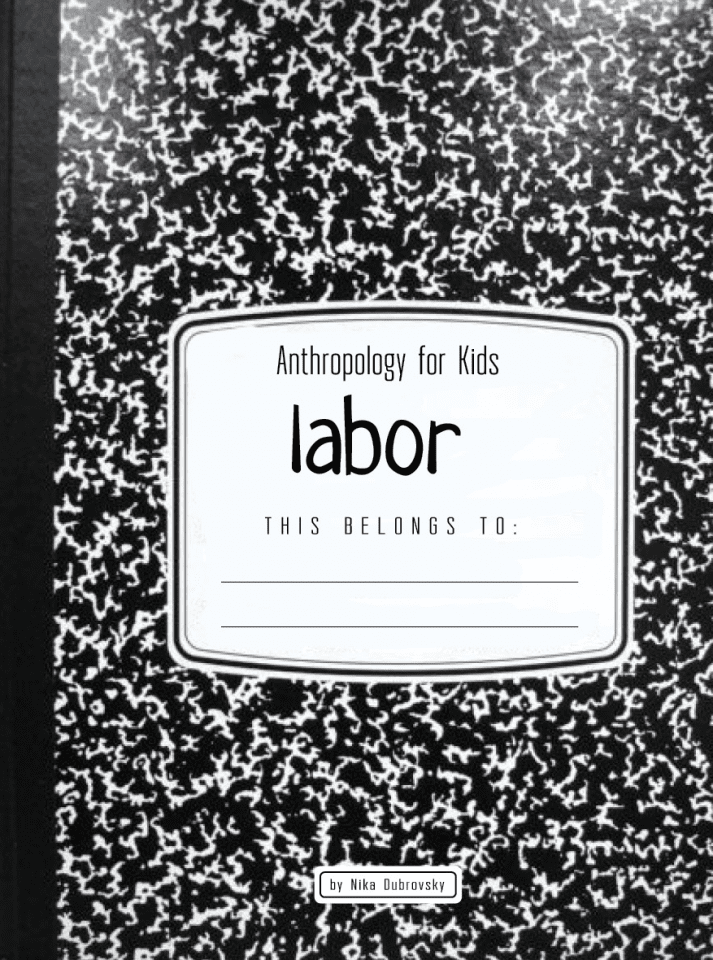
What is labor? Is being unemployed a bad thing or a good thing? How much should a person work: a lot or very little?
What is labor? Is being unemployed a bad thing or a good thing? How much should a person work: a lot or very little? Different societies have formed a variety of understandings of labor. In a contemporary capitalist world the success of one’s work is measured by how well it is paid. The payment often depends neither on the amount of time one spends working, nor on the effort invested in the work. It is rather on how much one helps in increasing the capital (a big amount of money) of the one who is paying for the work.
As a result, people who do hard work and work for long hours often get the least amount of money, while people who work in good conditions or don’t work at all make the most simply by investing the money they already have.
Nearly 100 years ago many revolutions happened all around the world. The working people were asking for better conditions of labor, for paid vacations, for social guarantees and for many other things. They got some of what they wanted, and it is for this reason that countries with a «developed economy» are still called «welfare states».
But even in these countries about a third of all jobs (especially the most difficult and poorly paid ones) are done by people who come from abroad.
These workers do not have rights for welfare, because they are migrant workers and therefore considered not to have the same rights as citizens.
Nowadays, most political discussions touch upon the questions of how immigrants, unemployed people and very rich people should be treated.
This book is about different kind of societies and the way labor was understood in them.
In many traditional cultures it was thought to be normal to provide for those who do not work.
Compared to modern people, hunters and gatherers did not have to work too much. Sharing one’s food and home with a stranger was a commonly accepted practice.
- Forced Labour (slavery in ancient Greece)
- Proletarians in Ancient Rome (as producers of offsprings)
- Peasants in Ancient China (lets talk about coloboration)
- Medieval monks (a vow of poverty)
- Labor and work without expectation of payment
- Reproductive labor
- Child labor (invisible labor)
- Leisure as work (Asja Lacis and Walter Benjamin: “Children’s Proletarian Theater)
- Globalization and labor
- Bullshits’ jobs
- DIY (samodeliatelinost in Russian)
- Work that one pays to get (internships that are auctioned, for instance)
- Precarity of modern work (reskilling, deskilling)
Anyone can download the book for free, but please, consider supporting us on Patreon